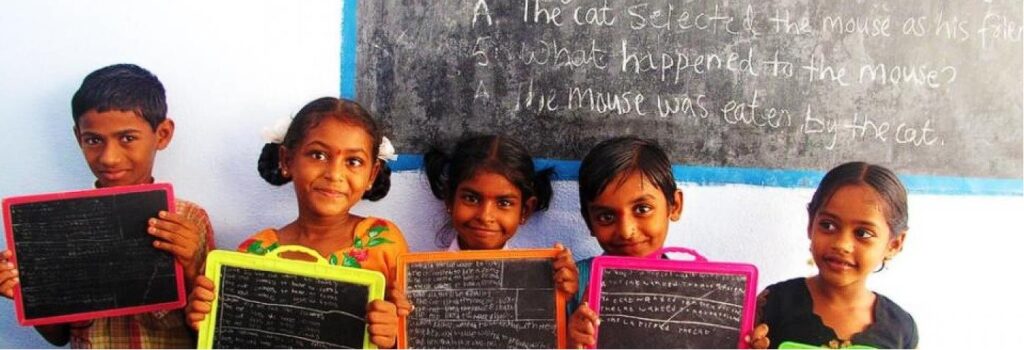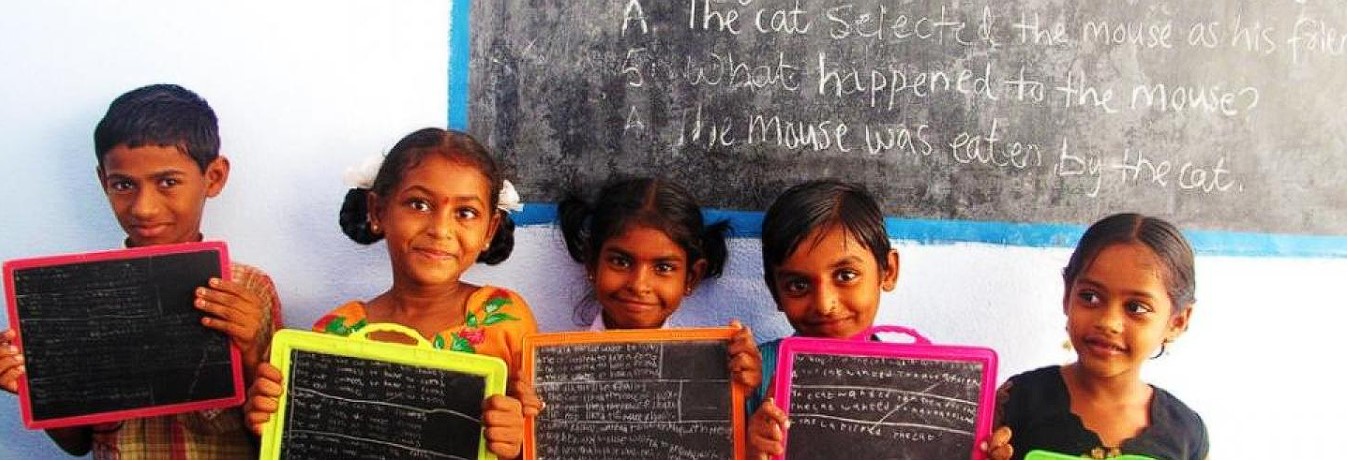Looking for studying opportunities abroad is becoming a popular phenomenon in Indian households with an incredible 78% of rich parents wishing to send their children overseas. However, this often ends up being a very expensive installation which in turn affects their retirement goals.
As further dissected in the HSBC Quality of Life Report 2024, despite the rise in affluence, the education of children is valued more than the wealth many Indian parents possess. The report cited that expensive degrees in the US or the UK for about three to four years could result in the loss of 64 percent of the retirement funds.
Nonetheless, even with all the financial worries that come with this, parents still strive to give their kids the best possible education. Only 53% of these parents have put in place an education savings plan making it possible for them to take out education loans, apply for grants, or in some cases even sell assets to educate their kids.

Ref. URL: https://www.theindiaforum.in/sites/default/files/styles/cover_story/public/field/image/2022/06/21/flickrphotobanerji1-1562236027.jpg
The research also elicited other sources of stress and anxiety to Indian parents regarding post matriculation overseas education. From getting the adequate amount of money to undertake the right course and college, the entire process can be quite cumbersome and exhausting.
Those above challenges of applying, collecting particular documentation for a visa, and adapting to new ideals raise parents’ stress levels tremendously. In addition, parents become anxious thinking of their children being unable to fit in a new setting. In such cases, parents should try and understand that there are educational consultants as well as individuals who have been through the same situation and may be able to help them.
International education is much attractive without a doubt that is why parents from India must attempt to weigh the costs involved with international education with due diligence. Educational institutions need to remember that the need of the hour is not only children’s education but also parents’ wellbeing is important.
However, the potential benefits of international study programs should be assessed in terms of their costs in terms of today and sacrifices to be made today in lieu of the future,” expenses and or revenue derived. Such personalities can be helpful in clearly appropriately aiding parents to better families while avoiding unnecessary costs and ensuring that both generations are secured financially. Ultimately, it is important to analyze the long-term advantages of studying abroad as opposed to the costs undertaken, taking into consideration things like the living expenses, job earning potential and reinvestment returns. The right decision can guide the parents to select the most appropriate for their families, bearing no or very little financial burden and secure the future of generation.

